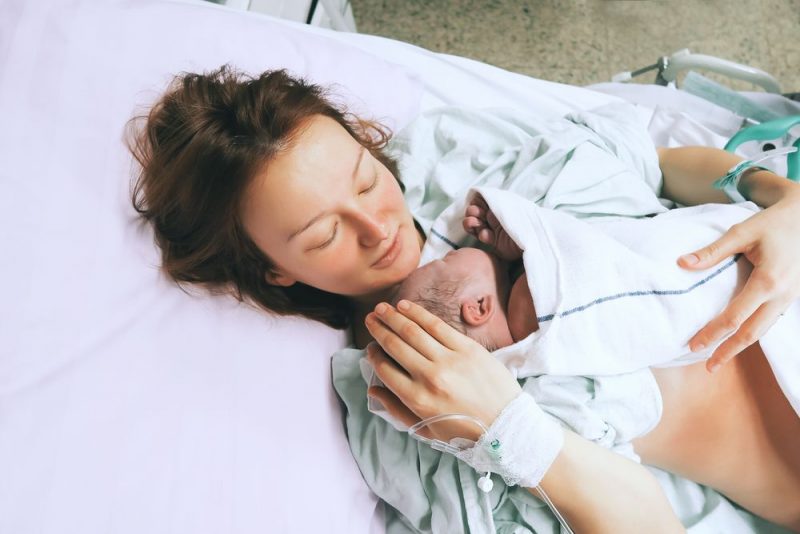Free DMD Newborn Screening Now Offered at Boston Hospital
Written by |

Natalia Deriabina/Shutterstock
CureDuchenne has teamed up with Brigham and Women’s Hospital, in Boston, to launch the nation’s first free newborn screening initiative for Duchenne muscular dystrophy (DMD).
The partnership establishes Brigham and Women’s as the only U.S. birth hospital to offer parents the choice of screening their new baby for DMD, according to a press release from CureDuchenne, which notes that the disease is not part of the current Massachusetts newborn screening program.
“Identifying an affected child early could help us provide critical, early therapy to help preserve their muscle function,” said Richard Parad, MD, a neonatologist and the director of the newborn genomic medicine program at Brigham and Women’s.
The test, conducted by an independent laboratory, measures the levels of creatine kinase — a marker of muscle injury — in a small blood sample collected for the standard newborn screen for other diseases.
If the test indicates abnormally high levels of creatine kinase, additional tests are conducted to confirm a DMD diagnosis. Parents of babies positive for DMD are referred to specialists for appropriate guidance and care as part of a new DMD newborn follow-up program.
DMD is the most common form of muscular dystrophy, usually affecting boys and occurring in roughly one of every 3,500 male births. Girls also can carry the mutated gene and experience some symptoms.
Early testing allows families to have access to treatments that may help delay or prevent symptom onset and improve outcomes. A correct diagnosis also can give parents and caregivers a better understanding of how a child’s disease is likely to progress.
“We want to ensure that all babies have the healthiest future possible, and screening for diseases for which early intervention may improve outcome, including rare conditions like Duchenne, is key to that mission,” said Parad, of the hospital’s department of pediatric newborn medicine.
Without additional costs to patients, the initiative allows all parents, irrespective of their socioeconomic background, to test their child for DMD.
“Universally available newborn screening is also nondiscriminatory, ensuring a positive impact on health disparities given every baby can be screened at no cost to families,” said Parad.
For more than 20 years, researchers and clinicians have been working on a genetic screening for Duchenne, the nonprofit noted. However, despite these efforts, the mean age of diagnosis is still around 4 years old.
With this new screening program, “diagnostic odysseys for Duchenne would be avoided and therapy could be initiated early for these children,” Parad said.
CureDuchenne notes that the screening test is done using a small amount of extra blood collected at the same time as the sample that’s used for the required state newborn screening for other diseases.
“It took our family two long years to receive a proper diagnosis of Duchenne for our son, Hawken,” said Debra Miller, founder and CEO of CureDuchenne. “We missed an opportunity to provide the best care possible during that time. Now, with some approved therapies and exciting gene therapies in Phase 3 trials, it’s important to catch patients with Duchenne early to ensure the best outcome.”
The hospital is leading efforts to improve newborn medicine. Its researchers have received funding from the National Institutes of Health to study the impact of newborn genomic sequencing information on babies and their care.
“We are very proud to partner with the prestigious Brigham and Women’s Hospital,” Miller concluded.







